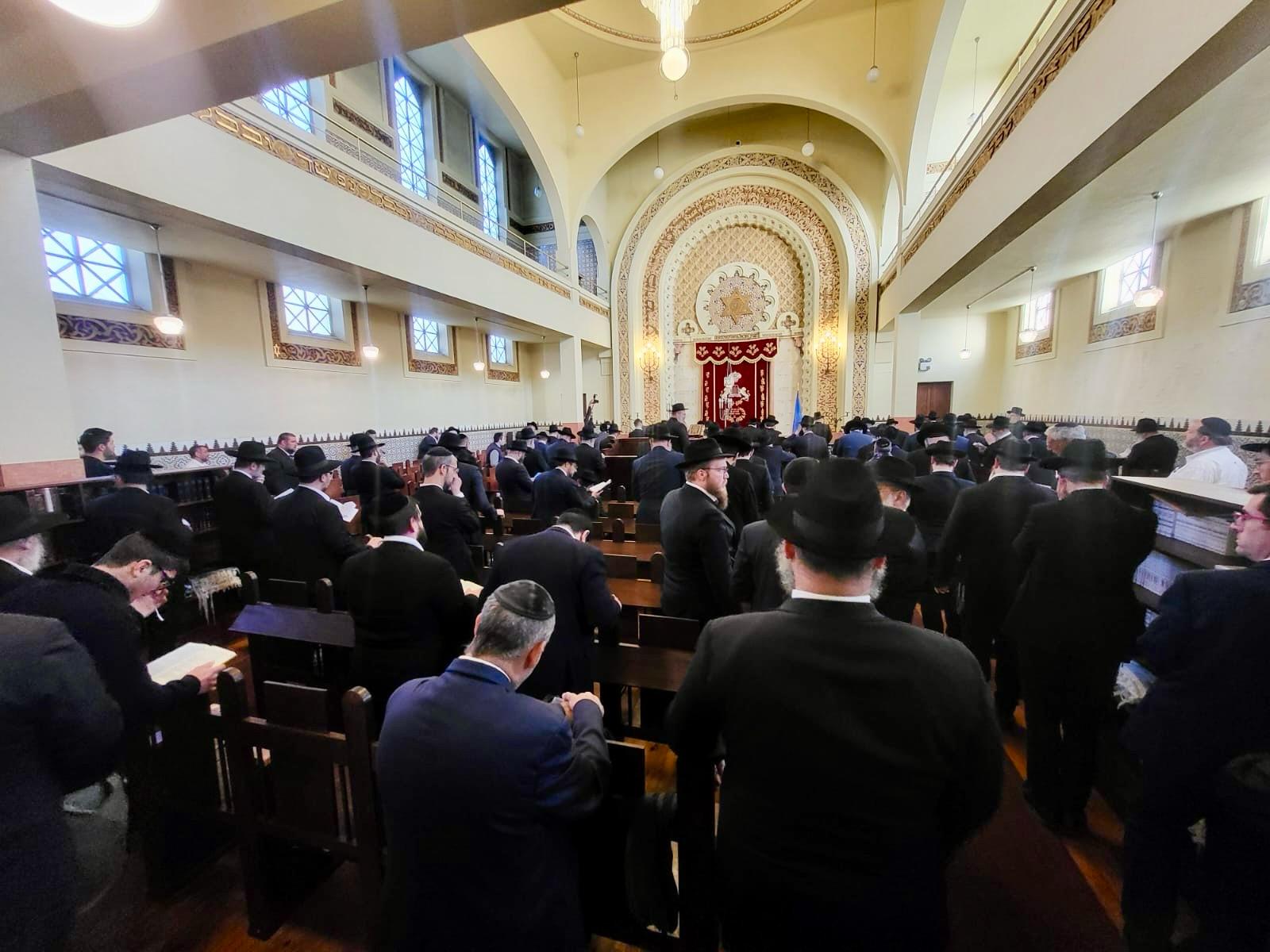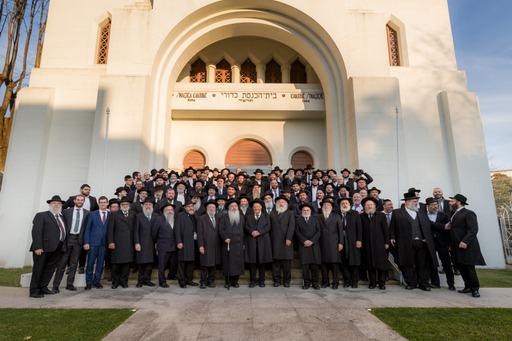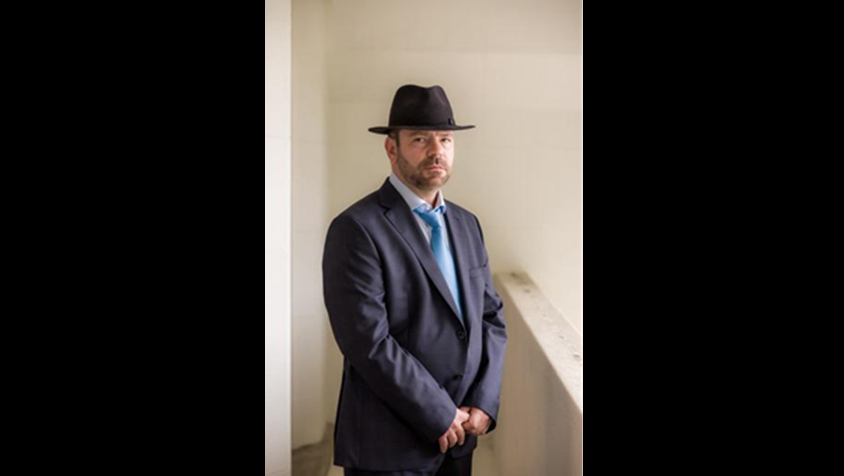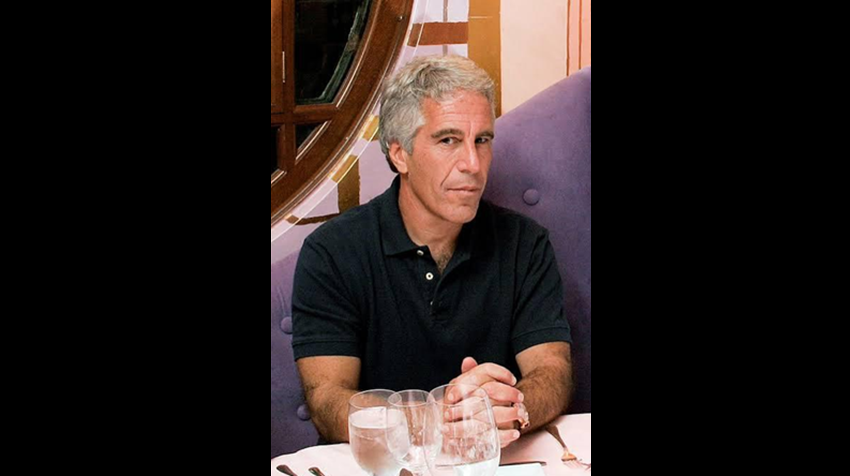The Rabbinical Center of Europe brought rabbis from forty countries to the Kadoorie Synagogue today. The mincha service was followed by a unison singing of the popular Jewish song Ani Ma'amin, “I believe”.
This song represents a prosaic rendition of Maimonides' thirteen-point version of the Jewish principles of faith, as for as it is based on his Mishnah commentary to tractate Sanhedrin.
The popular version of Ani Ma'amin is of a later date and has some significant differences with Maimonides' original version. It is of unknown authorship.
The penultimate line refers to the essential Jewish belief in the coming of the Mashiach. As such, this line has become a popular source of lyrics for Jewish songs.
One version of the lyrics, set to a "haunting melody", is attributed to Ariel David Fastag, a Modzitzer Hasid whose compositions were regularly sung in the court of the Modzitzer Rebbe, Rabbi Shaul Yedidya Elazar. He reportedly composed the tune in a cattle car while being taken to Treblinka.

Ariel David announced that he would give half of his share of the World to Come to whoever would bring the tune to the Modzitzer Rebbe, who had escaped Europe in 1940. Two men took him up on his offer and leaped from the moving train. One of them survived and brought the tune to the Rebbe's son in Israel, who sent his father the musical score.
The tune was sung by dozens of Jews as they marched to the gas chambers in the Nazi death camps. It still frequently sung at Holocaust Remembrance Day services. Some also sing it at the Passover Seder, in memory of the Warsaw Ghetto Uprising, which began on the first night of Passover in 1943.
March 12, 2024. The Kadoorie synagogue experienced a very special moment. Today everyone talked about Srul Finkelstein, the Cohen from Warsaw who in the sixties sang “Ani Ma’amin” completely alone, in that then practically abandoned temple.


































